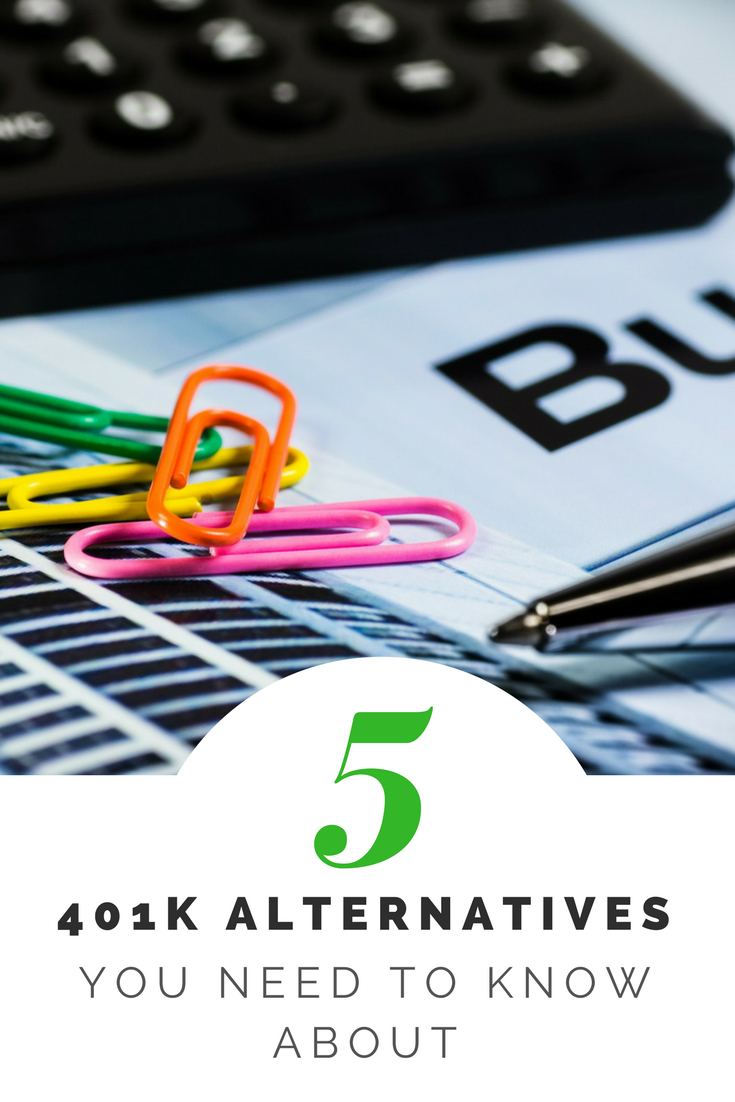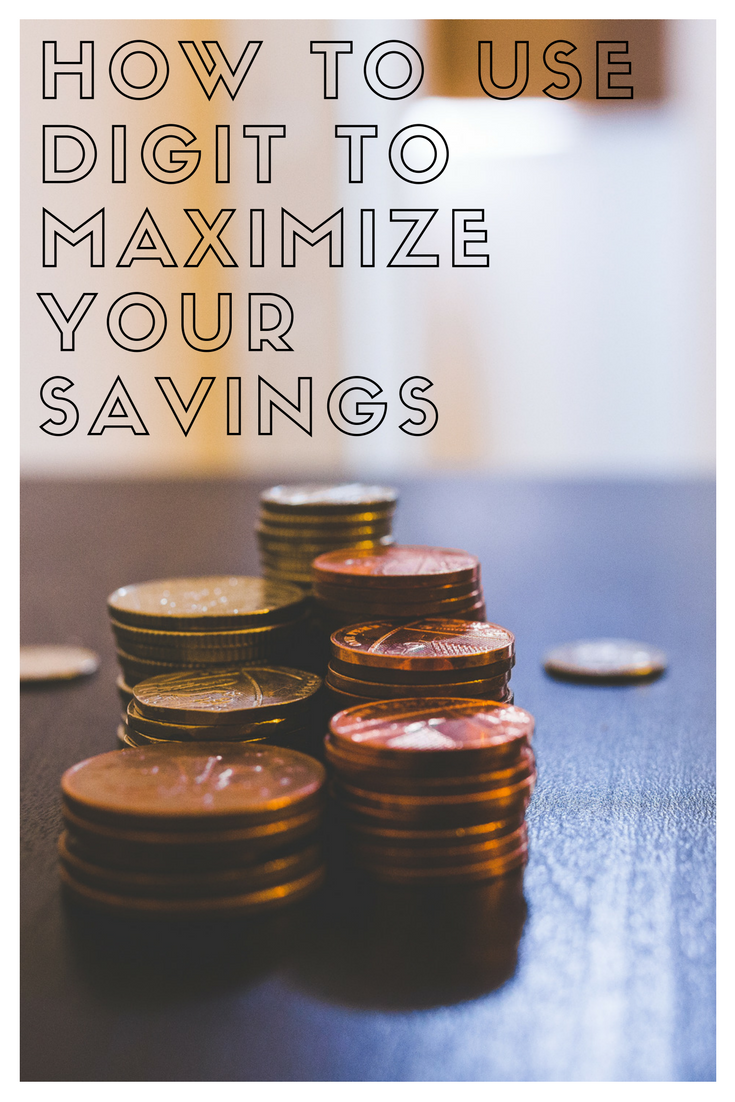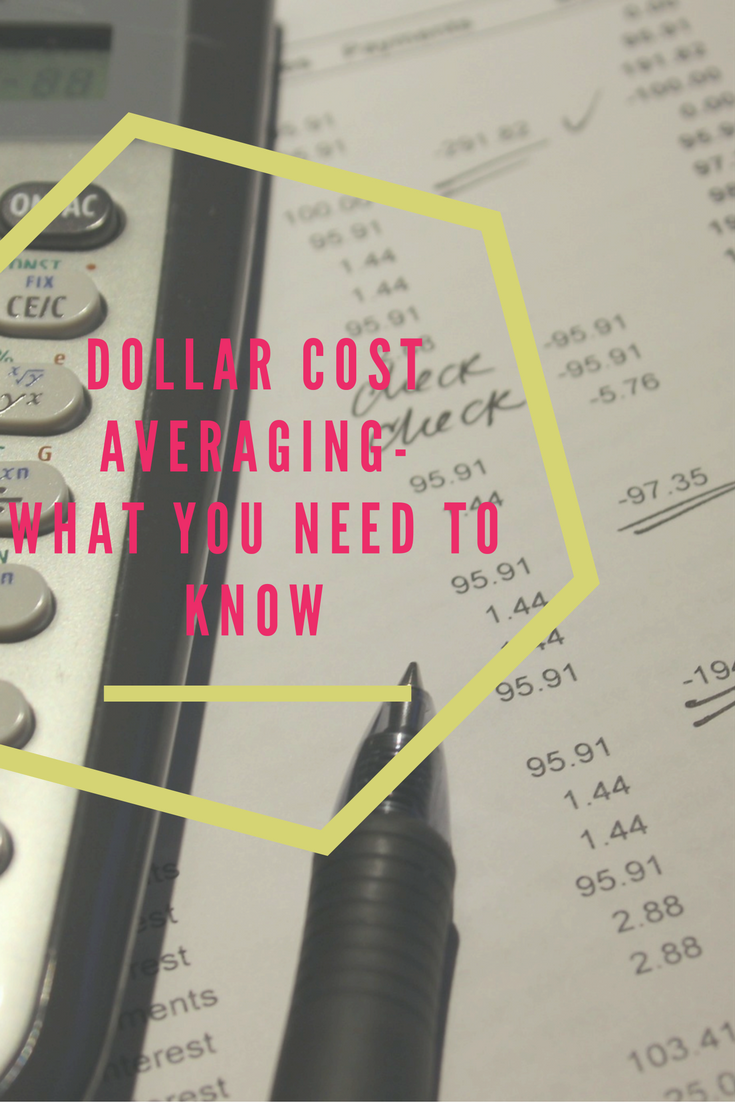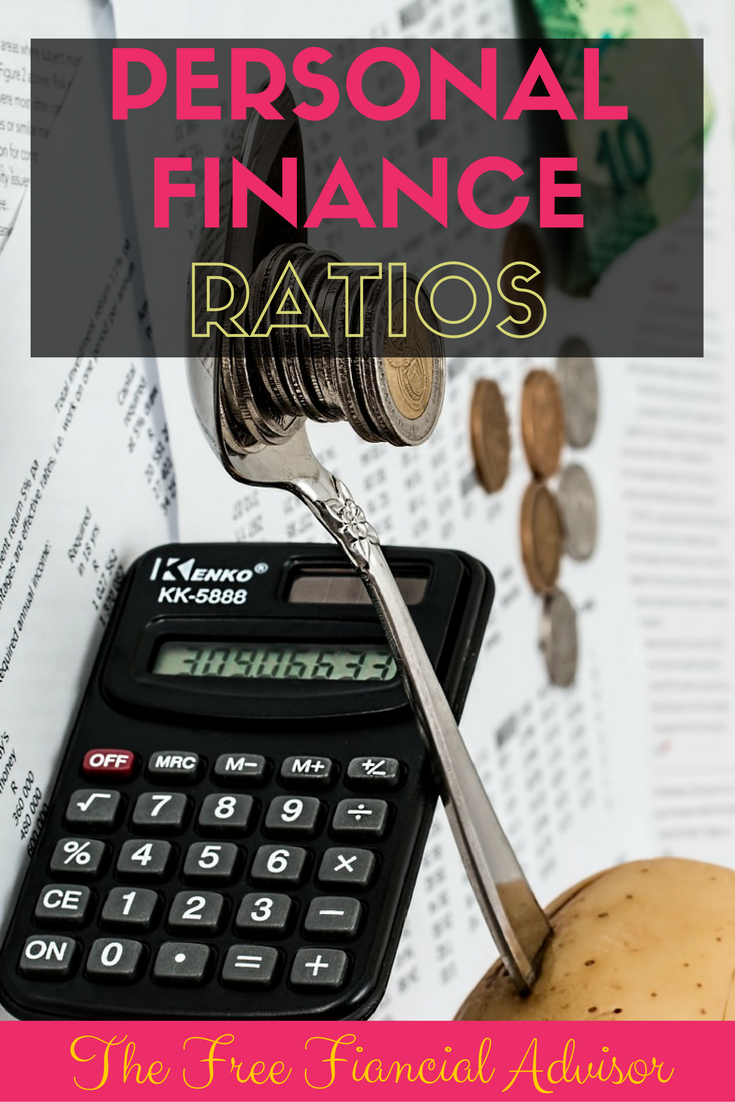A 401K is a savings plan for retirement that is sponsored by your employer. Employees can save a piece of their paycheck before taxes are taken out, and put it toward their retirement.
Talking about far-off retirement plans can be overwhelming and boring. After all, it’s way easier to think about the here-and-now. We budget, save for vacation and pay the bills. That seems like enough… right?
On the contrary, planning for retirement is incredibly vital and cannot be forgotten or overlooked.

The 401K may be a good fit for your lifestyle, but there can also be cons. Your employer may not be matching the money that you contribute, and also could require tenure before allowing you to withdraw. If you aren’t sure about the 401K, there are many different options out there to consider.
Here are some alternatives to the typical 401K that may compliment your lifestyle and finances better.
- Index Funds- These are funds invested on an index of stocks. (You may have heard of S&P 500 or the Dow.) By investing in an index fund, you basically are investing in all the companies that make up that particular index (instead of investing in certain stocks). You are at the same risk as those who buy stock individually, but since the market typically increases over time, index funds could be used as an investing option for retirement.
- Roth IRAs and Traditional IRAs- IRA stands for Individual Retirement Account. Roth and Traditional IRAs differ from the 401K by bypassing the employer altogether. You save completely on your own for retirement. The biggest difference between the Roth and Traditional lies with when you pay your income taxes. Check out the two and see if one of these may be a better retirement plan for you.
- Simplified Employee Pension IRAs- SEP IRAs are a great option for any of you independent contractors, free-lance workers, or business owners out there. It is very similar to the Traditional IRA and could be very beneficial with your taxes. It doesn’t matter how small your business is, so definitely check it out!
- Variable Annuities- These are contracts between you, the investor, and an insurance company. The investor purchases a variable annuity upfront or over a period of time, and the insurance company makes periodic payments to you after retirement. However, there can be high fees and tax penalties, so do your research and insure that the contract is safe and beneficial for you.
- Bonds- Bonds may be great to dabble in addition to the 401K or any of the other retirement options listed above. Bonds essentially are saving accounts that pay interest rates. You set these rates at the time of purchase, and it’s an incredibly safe and stable investment. Because of its safety, they typically return less money than other higher risk investments. However, your money will be safe and making interest for retirement.
Do some research on what your employer offers and which option may be the best fit for you. Regardless of what you choose to use, saving for retirement should be a priority in your life.






